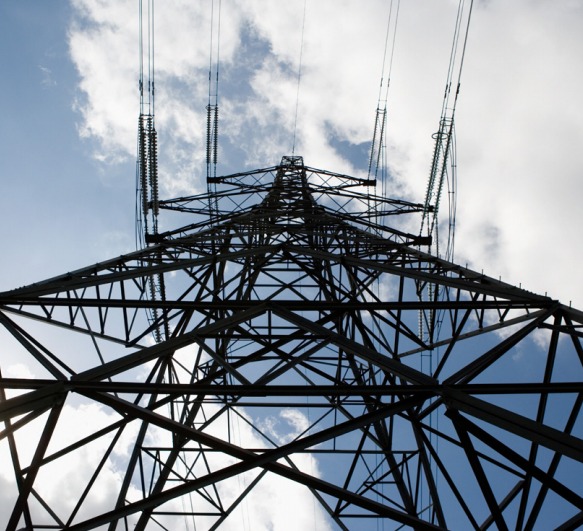Europe can integrate a larger share of renewables into the power system, provided policymakers take significant steps to overhaul electricity markets, according to the Market4RES study, a European Union-funded project.
The Market4RES study claims that more flexible electricity markets would significantly reduce the cost of integrating variable renewables in the energy system. Specific flexibility elements include more cross-border trading of electricity over a broader geographical area and a level playing field between renewables and conventional generation in accessing electricity markets, including balancing, transparent pricing of electricity, increased use of dynamic pricing to boost demand response, and better design of support schemes for renewables.
Giles Dickson, CEO of WindEurope, says, “Today’s power markets are dysfunctional for the generation mix we now have. They worked OK when we only had conventional power plants, but they don’t work for a system in which renewables now make up 29 percent of electricity. We need more intra-day trading so we can sell power as close as possible to the time of production. We need more cross-border trading so we can make the most of wherever the wind [is] blowing. And renewables need to have full access to the markets for frequency control and other balancing/ancillary services, not least since they can offer these services at lower cost than conventional power plants.”
He continues, “We’ve also got to do more to encourage demand response, notably by having more variable and dynamic pricing of electricity. This will help match the variations in supply and crucially reduce the need for extra generation capacity. For example, the lower nighttime tariffs for boilers in France reduce peak-time capacity requirements in the French power system by 3 GW.”
The study also covers priority dispatch and recognizes the case for phasing it out over time, specifically for new renewable installations once there is a level playing field in the power system.
Dickson adds, “As things stand, removing priority dispatch for renewables would mean much more curtailment and a 10 percent increase in CO2 emissions. Any phaseout of priority dispatch for renewables also needs to come with clear rules on curtailment and compensation and full transparency on any must-run obligations elsewhere in the power system. It should apply to new installations only. You can’t take it away from existing wind farms, where it was an integral part of the business model for the original investment.”
The European Union will be addressing these issues in the new legislative proposals for electricity market design, which it is expected to table at the end of November.
Click here for the full report.




